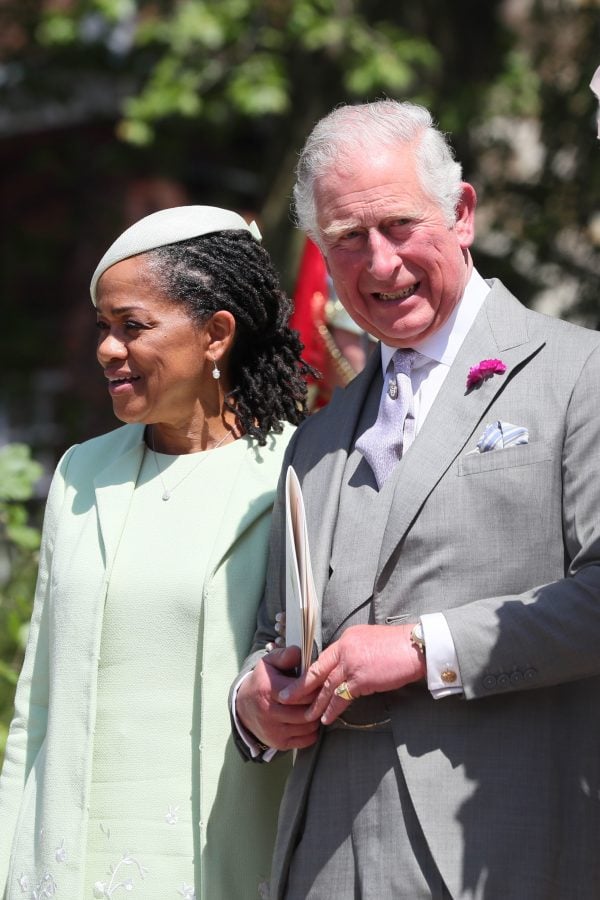The moment Oprah Winfrey arrived, it was clear that this wasn’t going to be a traditional Royal Wedding.
But then again, we already knew that. In a revolutionary first for the House of Windsor, the bride was American, and bi-racial. She identifies as a woman of colour.
So it makes sense that she has American friends attend her wedding. And that some of those American friends – like Oprah and Serena Williams – are non-white Americans; like the bride.
And yet…it seems that some people were wholly unprepared for black representation at Windsor Castle.
Sure, they expected mother of the bride Doria Ragland, who was resplendent in the peaceful, joyous aura that surrounded her.
But perhaps they didn’t expect the all-black gospel choir that sang Ben E King’s Stand by Me; even though their presence made perfect sense. The Kingdom Choir (a black Christian group that is based in southeast London and specialises in gospel music), and its leader, the renowned gospel singer Karen Gibson, were a wonderful blend of Meghan’s heritage and her British future.
And very different to the Church’s traditional choirboys seen at other Royal weddings.
❤️???? Just as long as you stand, stand by me.#RoyalWedding #HarryAndMeghan pic.twitter.com/n4YIWCOSRB
— BBC (@BBC) May 19, 2018


Top Comments
I'm an Agnostic I guess ( because I don't know anything ) and I have little patience for organized religions and their pompous, manipulative hierarchies.
However, I loved that wedding ceremony - particularly the gospel preacher and the gospel choir. They adequately represented Meghan's life & role as a social activist - and that is what I'm sure she hopes she'll continue to be.
Harry has regularly shown his support for Africa and it's humanitarian concerns and now he's also showing support the African-American community.
No-one should be surprised.
As for people laughing at the preacher and criticizing the length & content of his gospel-style sermon - what's their story ?
This was a WEDDING Ceremony - not a TV show !
People can be jaded & cruel - particularly the ungrateful ones.
This wedding was socially ground-breaking and a very positive sign for our combined futures.
He was an Episcopalian Priest, not a holy roller Gospel preacher. It was the delivery and the length of his sermon, not the message that caused an upset. If anyone turned the ceremony into a reality show it was him and not the congregation.
Is it not possible to recognise the significance of the preacher's involvement AND find the royals' reactions funny? I don't think people found him ridiculous. The impression I got was that he was a breath of fresh air in what is usually a stuffy occasion!